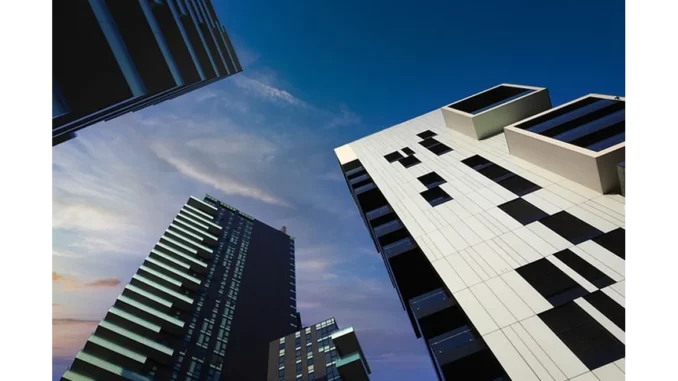
As environmental concerns continue to rise, the real estate industry is increasingly adopting sustainable housing practices. This shift is not without its complexities; the journey towards sustainable housing presents a series of challenges that must be navigated carefully. Nonetheless, these challenges are accompanied by significant opportunities that hold promise for developers and consumers alike.
Focus360 Energy: property compliance services – pre-planning to post-construction. Learn more.
One of the foremost challenges in sustainable housing is the absence of a unified standard for measuring sustainability. The plethora of rating systems and indicators available creates a fragmented landscape, making it difficult for stakeholders to gauge the true sustainability of a property. This lack of consistency complicates decision-making processes for buyers and tenants, who are often keen to compare properties on environmental grounds but find themselves hindered by varying metrics and benchmarks.
Another significant barrier is the affordability of sustainable technologies. Although the cost of green building materials and renewable energy systems has been decreasing, the initial investment remains substantial. This poses a particular problem in economically disadvantaged areas, where the financial burden of implementing energy-efficient upgrades can be overwhelming. Such financial constraints limit the widespread adoption of sustainable practices, despite their long-term economic benefits.
Moreover, the gap in knowledge and awareness surrounding sustainable practices is a notable impediment. Developers, builders, and consumers often lack the requisite understanding to effectively implement and maintain sustainable features. This educational deficit can result in missed opportunities and pose regulatory challenges as the industry seeks to align with evolving environmental standards.
Yet, the realm of sustainable housing is fraught with opportunities that can drive innovation and growth. For developers, adopting sustainable practices often translates to reduced operational costs. By designing buildings that use resources more efficiently, expenses related to heating, cooling, and maintenance can be significantly curtailed. In addition, sustainable properties tend to offer enhanced resale value. The rising demand for eco-friendly homes means that properties boasting energy efficiency and other sustainable features are increasingly commanding premium prices in the marketplace. This trend is fuelled by consumer preferences, as more buyers seek homes that reflect their environmental values.
Sustainable housing also plays a pivotal role in fostering healthier communities. By minimising the use of toxic materials and prioritising wellness, these homes contribute to living environments that promote physical and mental well-being. As health and quality of life become paramount considerations for consumers, the appeal of sustainable housing continues to grow.
Certification systems are instrumental in advancing sustainable housing by offering a structured approach to assessing and enhancing the environmental performance of buildings. Systems such as LEED (Leadership in Energy and Environmental Design) and BREEAM (Building Research Establishment Environmental Assessment Method) provide comprehensive guidelines for sustainable construction and operation. These certifications help standardise sustainability measures, simplifying the identification and comparison of green properties for consumers. They also incentivise developers to adopt sustainable practices through recognition and rewards for achieving specific performance benchmarks.
Looking ahead, several key trends are shaping the future of sustainable housing. Chief among these is the emphasis on energy efficiency. Innovations in energy-efficient appliances, smart home technologies, and intentional design are facilitating the construction of homes that consume less energy, thereby lowering utility costs. Additionally, there is a growing focus on the use of ethically sourced, green building materials. Options such as reclaimed wood and bamboo are gaining traction for their minimal environmental impact and durability, offering both functional and aesthetic benefits.
Consumer preferences are increasingly leaning towards eco-friendly living, driven by both personal values and regulatory pressures. As global environmental regulations become more stringent, sustainable housing is no longer a mere preference but a necessity.
In sum, while the transition to sustainable housing entails overcoming significant challenges, the potential rewards are considerable. Addressing issues such as standardisation, affordability, and education will be crucial in unlocking the full potential of sustainable housing. As the industry evolves, embracing sustainable practices will be vital in constructing a resilient, health-conscious, and environmentally responsible built environment for the future.


Be the first to comment